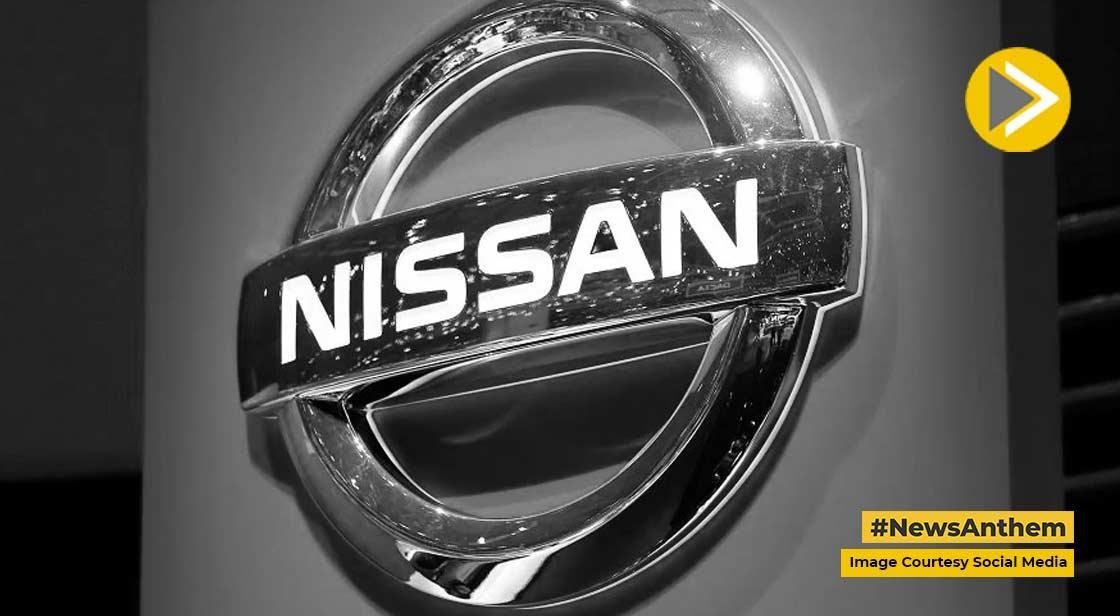Nissan's New CEO Ivan Espinosa Unveils Plan to Close Seven Plants by 2027

News Synopsis
Nissan Motor Co. has unveiled a comprehensive restructuring plan in response to a substantial net loss of ¥670.9 billion ($4.5 billion) for the fiscal year ending March 2025. This marks one of the company's most significant losses since its near-bankruptcy two decades ago.
Plant Closures and Workforce Reduction
Under the new strategy, Nissan plans to close seven of its 17 manufacturing facilities by fiscal year 2027, effectively reducing its global production capacity from 3.5 million to 2.5 million units. The company will also cut approximately 20,000 jobs, representing about 15% of its global workforce.
Leadership's Vision for Recovery
Nissan CEO Ivan Espinosa, who assumed leadership in April 2025, emphasized the urgency of the situation, stating, "Nissan must prioritize self-improvement with greater urgency and speed." Espinosa aims to implement decisive measures to steer the company back to profitability.
Focus on Strategic Partnerships and EV Development
In light of the failed merger talks with Honda, Nissan is exploring other strategic partnerships, including collaborations with Renault in Europe, India, and Latin America, and with Mitsubishi in the U.S. for the development of pickup trucks and electric vehicle batteries.
Navigating Global Market Challenges
Nissan's restructuring efforts come amid declining sales in key markets like China and the U.S., intensified competition from Chinese EV manufacturers, and the impact of U.S. tariffs on imported vehicles. The company anticipates a ¥450 billion impact from these tariffs, contributing to a projected ¥200 billion operating loss in the first quarter.
About Nissan Motor Co
Nissan Motor Co., Ltd. is a Japanese multinational automobile manufacturer headquartered in Yokohama, Japan. The company sells its vehicles under the Nissan, Infiniti, and Datsun brands.
Key Facts about Nissan (as of May 2025):
-
Global Headquarters: Yokohama, Japan.
-
Founded: December 26, 1933 (though its origins trace back to 1911 with the Kwaishinsha Motor Car Works).
-
Global Workforce: 133,580 employees (as of March 2024).
-
Brands: Nissan, Infiniti (luxury division), and Datsun (re-introduced in 2014 for emerging markets but the brand has since been discontinued).
-
Global Presence: Operates manufacturing plants and sales networks across the Americas, Europe, Asia, Africa, and Oceania.
-
Renault-Nissan-Mitsubishi Alliance: A strategic partnership with French automaker Renault and later Mitsubishi Motors, focusing on cost-sharing, joint development, and platform sharing. However, the alliance has faced periods of tension and restructuring.
-
Electric Vehicles: Nissan was an early pioneer in the electric vehicle market with the Nissan LEAF, the world's first mass-produced zero-emission electric vehicle, introduced in 2010. The company continues to invest in and expand its EV lineup.
Recent Developments (as of May 2025):
-
New CEO: Ivan Espinosa was appointed as the new CEO of Nissan Motor Co., Ltd. in April 2025, succeeding Makoto Uchida.
-
"Re:Nissan" Plan: In May 2025, Nissan announced a new business plan called "Re:Nissan," outlining strategies for restructuring, cost reduction, and a renewed focus on electrification and strategic partnerships. This plan follows a reported net loss of 670.9 billion yen for the fiscal year ending March 31, 2025.
-
Restructuring Measures: As part of the "Re:Nissan" plan, Nissan announced significant restructuring measures, including a planned reduction of its global production capacity by closing seven out of its seventeen global production plants by fiscal year 2027. The company will also implement workforce reductions, with details still emerging.
-
Potential Merger with Honda: In early 2025, Nissan and Honda explored a potential merger of their operations to collaborate on electric vehicle development and share costs. However, these talks reportedly fell apart in February 2025 due to disagreements over the structure of the combined entity.
-
Focus on Electrification: Nissan continues to emphasize its commitment to electrification under the "Nissan Ambition 2030" long-term vision, aiming for carbon neutrality by 2050 and making electric vehicles more accessible globally.
Key Historical Points :
-
Early Years: Nissan's origins lie in the Kwaishinsha Motor Car Works, founded in 1911. The first car produced was the "DAT" in 1914.
-
Name Change: The company adopted the name Nissan Motor Co., Ltd. in 1934.
-
Datsun Brand: For many years, particularly in overseas markets like the U.S., Nissan vehicles were sold under the Datsun brand. The Nissan brand began to be used globally in the early 1980s.
-
Infiniti: Nissan established its luxury division, Infiniti, in 1989.
-
Global Expansion: Nissan began exporting to the U.S. in 1958 and established Nissan Motor Corporation U.S.A. in 1960. The company expanded its manufacturing footprint globally throughout the latter half of the 20th century.









